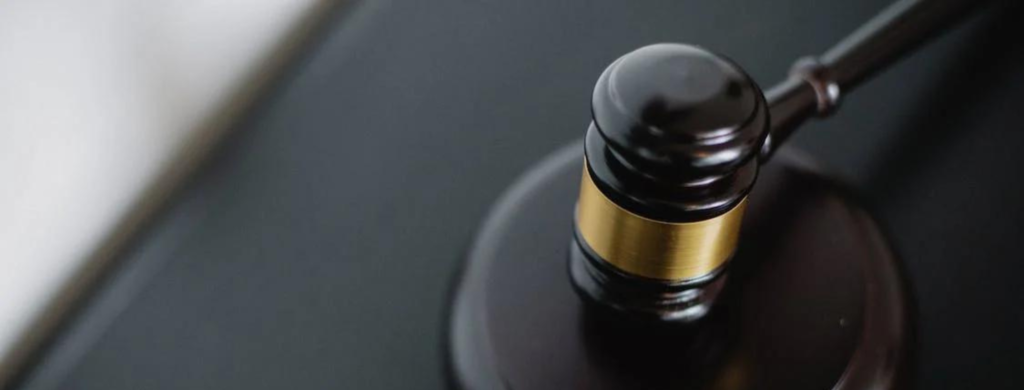
In the world of merchandising and branding, the use of mascots and trademarks can be a strong way to connect with customers and build brand recognition. However, it’s essential to understand the legalities surrounding these elements to avoid potential legal pitfalls.
Defining Mascots and Trademarks
Before diving into the legal aspects, let’s clarify what mascots and trademarks are:
Mascots are fictional or stylized characters that represent a brand, sports team, or organization. They often serve as a visual symbol and can be used for marketing, promotional materials, and merchandise.
Trademarks are legal protections for names, logos, slogans, and other identifiers that distinguish one company’s goods or services from another’s. They provide exclusive rights to use these identifiers in connection with specific products or services.
Legal Considerations for Using Mascots and Trademarks on Merchandise
- Ownership and Registration: To legally use a mascot or trademark on merchandise, you must either own the intellectual property rights or have explicit permission from the owner. Trademarks should be registered with the United States Patent and Trademark Office. Mascots may be subject to copyright protection.
- Infringement and Dilution: Using someone else’s trademark without permission can lead to claims of trademark infringement. This applies even if you modify the trademark slightly. Similarly, copying or reproducing a mascot without authorization can result in copyright infringement claims. Dilution, which weakens the distinctiveness of a famous trademark, is also a concern.
- Licensing Agreements: Obtaining a license from the trademark or mascot owner is a common way to legally use these elements on merchandise. Licensing agreements outline the terms, scope, and duration of use and often include royalty payments to the owner.
- Fair Use: In some cases, the fair use doctrine may apply, allowing limited use of a trademark without permission for purposes like commentary, criticism, or parody. However, fair use is a complex legal concept, and its application depends on the specific circumstances.
- Quality Control: Trademark owners often require licensees to adhere to specific quality control standards to maintain the integrity of their brand. Failing to meet these standards can result in a breach of the licensing agreement.
- Geographic Considerations: Trademark rights can vary by country, so what’s legal in one jurisdiction may not be in another. It’s crucial to research and understand the trademark laws and regulations relevant to your merchandise’s target markets.
- Counterfeiting: Selling counterfeit merchandise featuring mascots or trademarks is illegal and can lead to severe legal consequences, including civil and criminal penalties.
When in Doubt, Ask
In the world of merchandise, mascots and trademarks can be powerful tools for marketing. However, the legalities surrounding their use are complex and require careful consideration. Whether you’re a business owner, an artist, or a marketer, it’s crucial to respect intellectual property rights and navigate the legal maze with diligence. If in doubt, seeking legal advice or consulting with trademark and copyright professionals can help ensure that you stay on the right side of the law while harnessing the power of mascots and trademarks for your merchandise. Remember, a strong brand can be an asset, but it must be built on a solid legal foundation.



